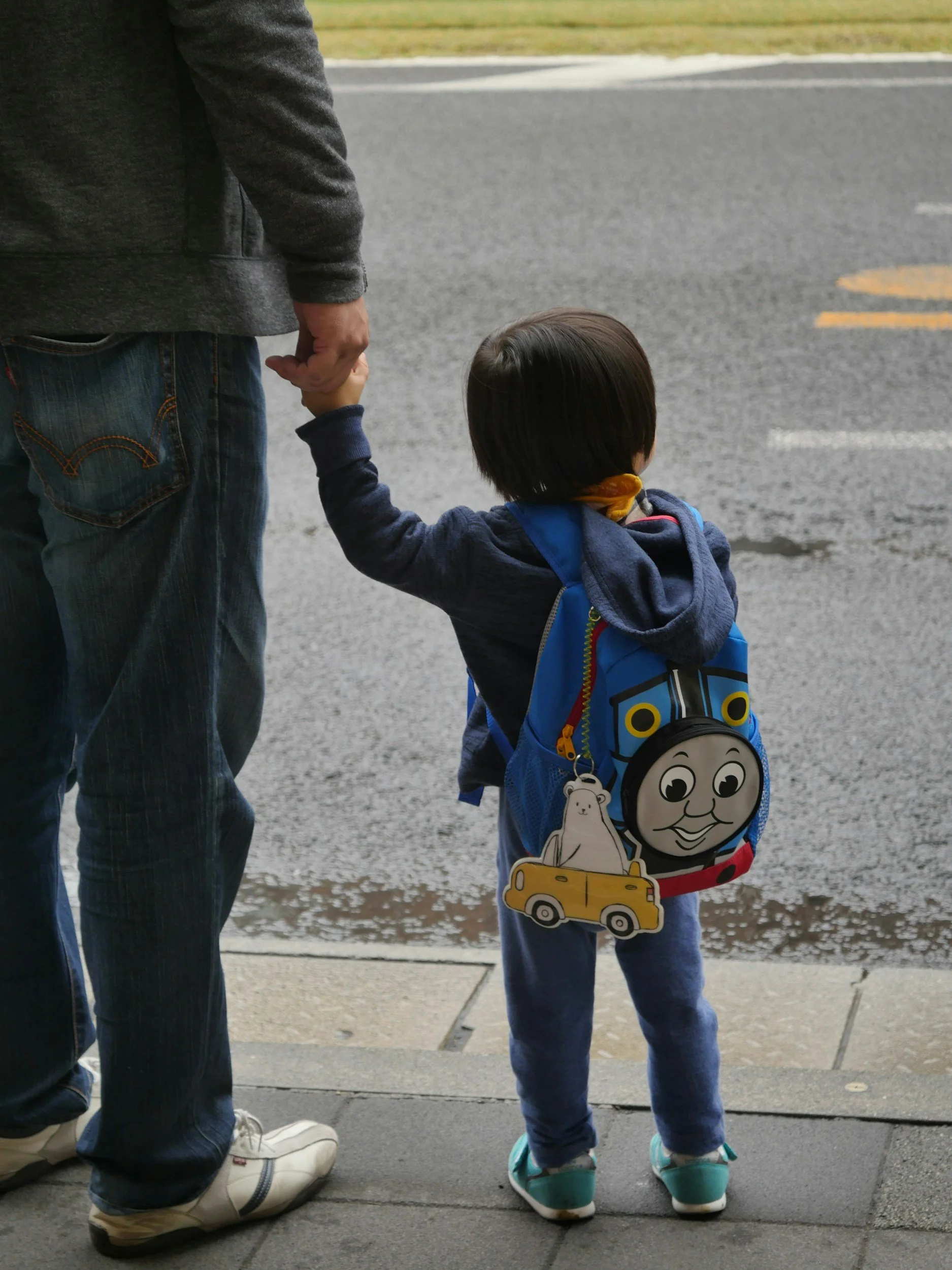“We cannot be a secure base for our children if we are reaching into an empty well.”
Sadly, school shootings are no longer rare events. As parents, many of us now face the heartbreaking reality of having to talk to our children about violence in schools on a yearly basis. Every time such a tragedy occurs, I receive messages from parents asking how to help their children process fear, confusion, and sadness.
Part of me wishes I would only need to write this guidance once. Because this conversation is one we must return to again and again, I want to offer parents an evergreen guide. This is something you can turn back to whenever these tragedies make the headlines.
Why Children Need to Hear from You
When a violent event occurs, children hear about it through friends, social media, or even a TV at a restaurant. If your child is over five, it is very unlikely they are unaware. The question is: who will guide their understanding?
Do not leave this conversation to teachers or other adults who do not share your family’s values. Your voice matters most. Your children need to hear from you what kindness means, how to manage fear, and what it looks like to live with empathy.
How to Talk to Children in an Age-Appropriate Way
Start with questions.
Ask, “Have you heard anything about what happened at school?” Listen first before sharing your thoughts.
Offer simple, honest answers.
You might say: “Someone made a very big mistake and hurt a lot of people. I wanted to see what you have heard and answer any questions.”
Reassure with perspective.
Share with your child that while scary events happen and it is natural to feel worried, they are not happening everywhere or every day. Most of the time school is a safe and nurturing place with adults who care for them. Framing it this way allows your child to feel both aware and secure, and it also reminds us as adults that the world is not falling apart even when it feels overwhelming
Gently introduce the complexity of the problem.
For older children, you can explain that people’s lives are shaped by many factors such as health, culture, identity, family circumstances, and environment. Sometimes these factors combine in complicated ways and make it hard for a person to cope without support. Encourage your child to approach this idea with empathy and openness, and remind them that the way we talk about others should never stigmatize or confuse but instead create space for compassion.
“Give them facts. Fear is best treated with truth, not silence”
Helping Children Cope with Fear
Children may not always express their worries directly, but you can:
Sit with them in their fear. Let them know it is okay to feel scared.
Give them facts. Fear is best treated with truth, not silence
Share Mr. Rogers’ wisdom. Encourage them to look for the helpers and healers in moments of fear.
Keep checking in. This is not a one-time talk. Circle back over the weeks and months.
Building Empathy and Social-Emotional Growth
Talking about school shootings also opens the door to important lessons:
Anger as a mask. Help your child understand that anger often hides pain or sadness, something they have likely felt themselves.
Kindness and community. Discuss what kindness looks like in their own circle of friends
Asking for help. Model that needing support is human and healthy.
These conversations nurture empathy, emotional intelligence, and resilience. These are skills children need not just during crises, but throughout life.
Empowering Children Through Action
“One of the most powerful ways to help children feel safe is to give them a sense of agency.”
One of the most powerful ways to help children feel safe is to give them a sense of agency.
You can ask:
“What can we do in our own community to show kindness and peace?
“Is there a way we can help the helpers?”
Your child may surprise you with ideas such as donating, writing letters, or helping organize support efforts. This shows them that even in dark times, each of us can choose light.
As parents, we cannot solve every problem in the world for our children. We can stand beside them, answer their questions with honesty, and model what it means to meet fear with compassion and action.
Every time these tragedies occur, we are reminded that parenting is not only about protecting our children, but about guiding them toward becoming thoughtful, empathetic citizens who believe in making change.


